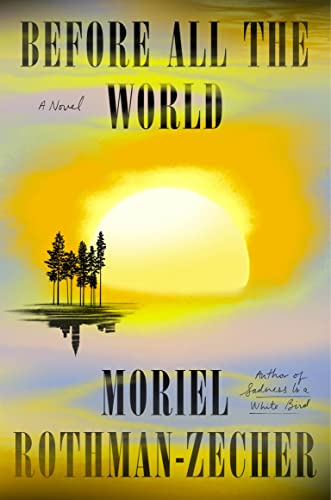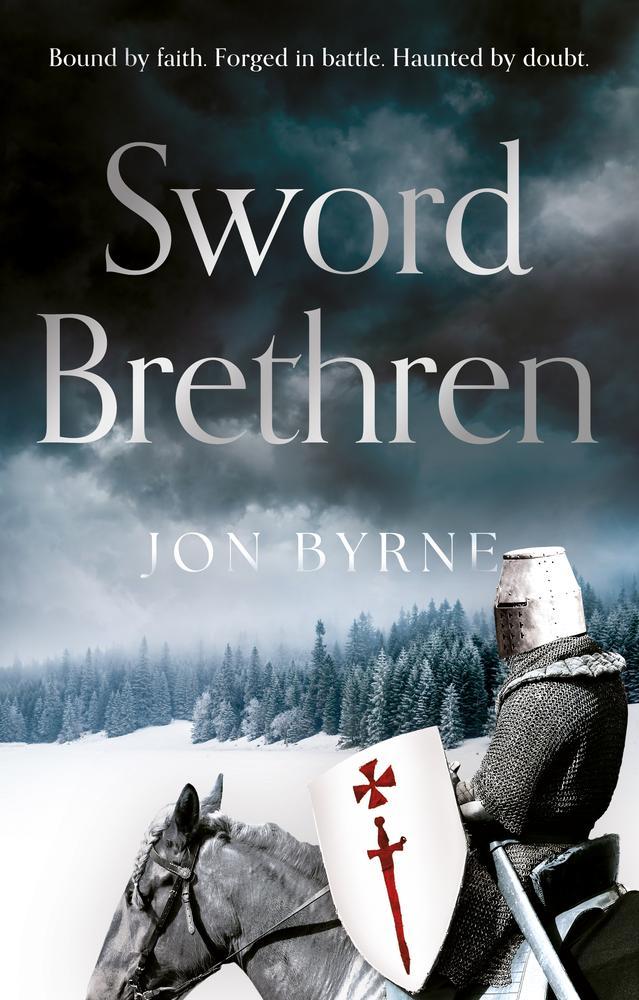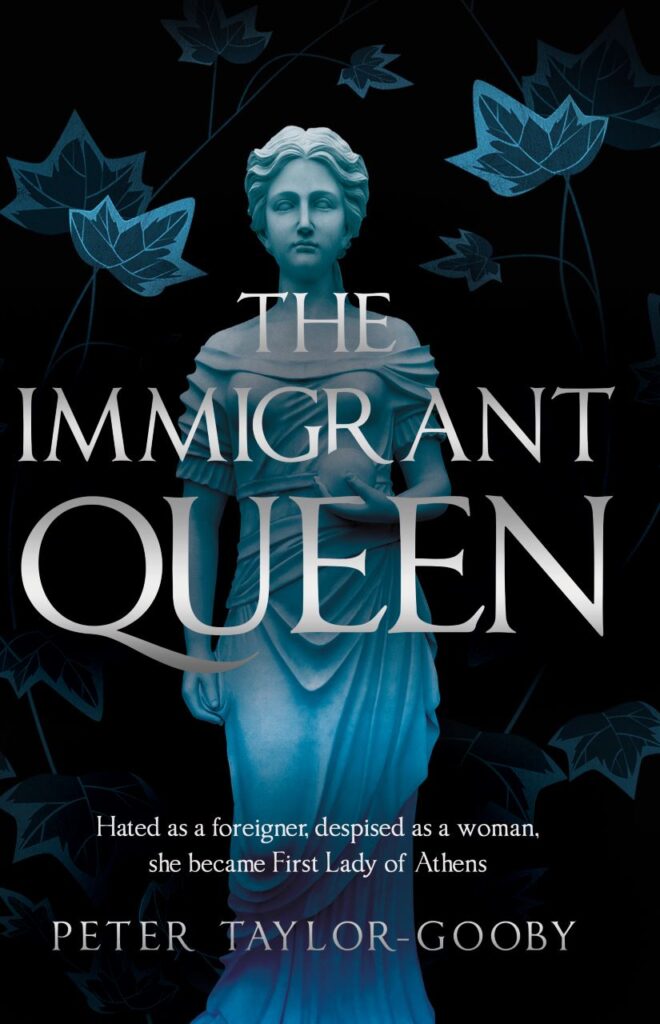Before All the World
Leyb, a nineteen-year-old man, is one of two Jewish survivors of a Ukrainian village after a pogrom. He finds refuge in 1930s Philadelphia, where he encounters Charles, a Black man, in a gay speakeasy. Soon after, he meets the other survivor, Gittl, a woman in her mid-30s. Charles blends their stories into the book we read: Leyb’s experience in Yinglish (English inflected with Yiddish) along with his translation into Yinglish of Gittl’s written memoir.
Even helped by occasional footnotes and my own smattering of German, at times I found the dialect a job to read, but the poetry and character of the prose rewarded the effort. A heavy sprinkling of Yiddish words, as well as idiosyncratic compound words (“the riversome crowd”) and phrasings (“Once there was a jew what was called Gittl”) give the sense of a literal translation while voicing Gittl’s and Leyb’s stories authentically.
Gittl’s memoir is titled (in lowercase) “a mayseh,” “a story.” But Before All the World is far from a conventional novel or story. It’s a book of life stories, unsequenced, fragmented by dislocation and trauma. Not a plot, but two questions, pull the reader through. Will the “dust village” of their origins relinquish its memory-hold on Gittl and Leyb and allow them to start their lives anew? Acting as amanuensis and with his own experiences of ethnic brutality in common with them, not to mention a kind and generous spirit, Charles offers a bridge from past to present. The other question, more profound, perhaps, is whether Leyb and Gittl, and Charles, can place faith in their affirmation: “I do not believe that all the world is darkness.”










